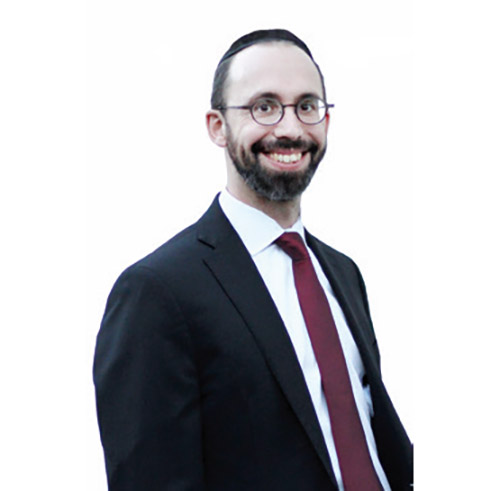
In 1887, a British member of Parliament, Lord Acton, wrote, “Power tends to corrupt, and absolute power corrupts absolutely.” These words may well describe what drove the builders of the Tower of Babylon.
According to one Rashi, they wanted to wage war against Hashem! Rav Hirsch explains it a bit differently. He says the building of the tower itself was not a sin, but rather the purpose of the tower was the crime. Their goal was “Let us make a name for ourselves” (11:4). This statement was directed against Hashem’s control of the universe. Their intent was to create a society with their own goals and morality, a society in which they would decide what is right and wrong and not based on the dictates of Hashem. They knew they could organize themselves well as a community, and wanted to use that power for a nefarious purpose.
More recently, Rav Sorotzkin, in his sefer “Oznayim LaTorah,” offered a novel explanation for the tower project. That generation was living on top of Mount Ararat, where the ark of Noach landed. The land was rocky and difficult to cultivate. Many wanted to find lush pastures in the valleys. However, they were afraid to move to the valley since they knew they were not living their lives the way Hashem wanted and were afraid the valley made them easier targets for punishment, such as flooding. On top of Mt. Ararat they felt relatively safe. But life was rough. Their “brilliant” idea was thus to build a huge tower in the lush valley. This tower would be higher than the mountain, and even if a massive flood came they would be safe on top and wait it out!
They worked together as a community and indeed made great progress. They were proud of the fact that as a community they could accomplish much more than each individual. Indeed, throughout history, we’ve seen that a society can unite to protect its way of life, even if it is corrupt. It was the goal of the generation of the Tower of Babylon to create a society independent of Hashem’s will, as expressed in their declaration “Let’s make a name for ourselves.” Be it waging war against the Almighty, or making all their own rules, they wanted absolute power over their lives and no accountability to a higher source.
Unity is indeed a powerful and effective tool when used for serving Hashem! A united society, community, shul or yeshiva holds individual members to the proper standards they set. The people want to be part of the community, which means they must endeavor to be a part of the high level of spirituality and Torah observance maintained in that community.
The power of unity and the creation of a tzibur (community) is highlighted in multiple places in the Torah. “Kol Yisrael arevim zeh lazeh”—each Jew is responsible for one another. There is the requirement to daven with a minyan, which is facilitated by a tzibur. The middle 12 blessings of Shemoneh Esrei in which we pray for intellect, forgiveness, health, livelihood, etc., are all requests in the plural: grant us, heal us, bless us. The reasoning for this requirement is that praying on behalf of yourself is not in the same league as praying for all of klal Yisrael.
Rav Chaim Friedlander further explains the difference between unity in general and the unity desired by Hashem. The generation of the Tower of Babylon was similar to partners who join together to finish a project and make money. Yes, they are working together as a team to accomplish their goals faster; however, they are working for their own self-interest. This unity is good and has tremendous power. In fact, many companies promote team effort in their operations, just like sports teams, as studies prove it helps people work better. However, Hashem asks more of mankind than just serving their own self-interest. There is only one Absolute in this world: Hashem. Building towers or amassing fortunes alone are efforts that fall short of Hashem’s mandate. True success and true happiness come from submitting ourselves to the will of the Creator.
Joining a group is healthy whenever it serves a positive purpose. However, let’s ensure that one or more of the groups we join help us fulfill our lives as Hashem has instructed us.
Rabbi Baruch Bodenheim is the associate rosh yeshiva of Passaic Torah Institute (PTI)/Yeshiva Ner Boruch. PTI has attracted people from all over northern New Jersey, including Teaneck, Paramus, Rockaway and Fair Lawn. He initiated and continues to lead a multi-level Gemara-learning program. Recently he has spread out beyond PTI to begin a weekly beis midrash program with in-depth chavrusa learning in Livingston, Fort Lee and a monthly group in West Caldwell. His email is [email protected].










